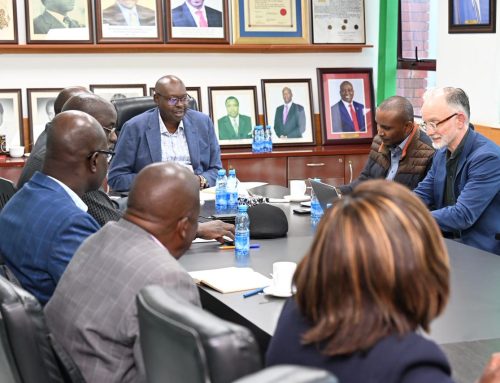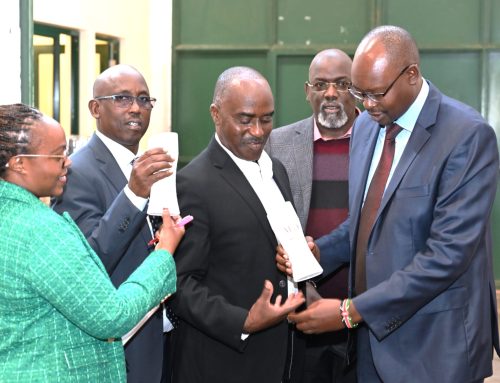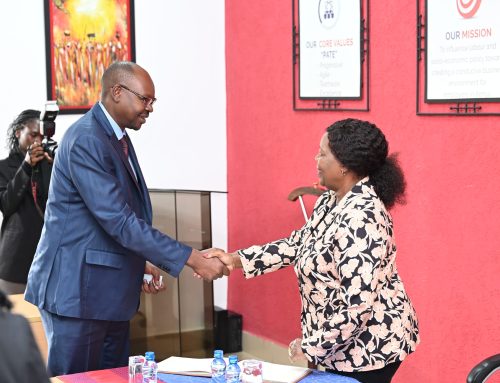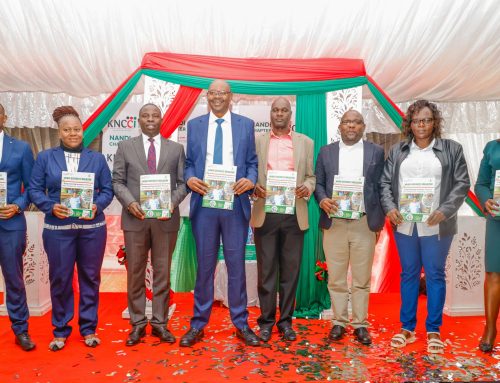The informal sector in Kenya was among the sectors severely affected by the effects of the Covid-19 pandemic but is currently on it’s path to recovery.The sector which is one of the most significant drivers of the economy employing an estimated number of 16.4 million , during the period saw many livelihoods lost and jobs.“As a sector, we have pursued numerous interventions to find resilient solutions to ensure members can continue to earn an honest living as they adjust to the new normal,” said Richmond Muteti, CEO, Informal Sector Coalition on Business support and Continuity.
KNCCI will also assist the SMEs with access to business pportunities both in private and public sector through the manufacture of PPEs, capacity building towards business digitization and innovation among other MSME empowerment programs.The bodaboda sector which also employs a large number of youth in the country was severely hit by the various Covid-19 restrictions.“The bodaboda sub sector makes approximately Sh120million in a day for transactions contributing majorly to the economy but this really reduced since March,” said Michael Kimani, National Chairman, United Bodaboda Association.
Kimani however noted that the sector has started improving and has also partnered with KNCCI to get tenders and also Mastercard to get loans without interest.John Kiriu, Chairman, Hawkers association and small traders called upon the government to protect their jobs, as the sector was able to remain resilient even as businesses crashed thus proved it’s importance to the economy.Hawkers however faced very hard times as the lockdown and restrictions started due to the reduced working hours and struggle to get their imports.“Business was down from March as we didn’t have stock,I used to selling 20 items per day but after Covid-19 struck I would even sell one item in a whole day, this was tough,” said Daniel Mwangi, a hawker at Ngara market.
“When second hand clothes stopped coming into the country things go thick, the items we used to buyat sh300 now shot to Sh500 therefore we also had to increase the price to our consumers who had also been hit hard by the pandemic leading to low business.”Mwangi however said that business is slowly picking up as the various restrictions have been lifted.Leaders from the Juakali industry which was also hurt,thanked the government on the continued support of carpenters in the country and mask manufacturers.”This shows full support of the Buy Kenya, Build Kenya initiative,” said Patricia Mwende, Secretary General, Kenya National Federation of Juakali associations.







Leave A Comment